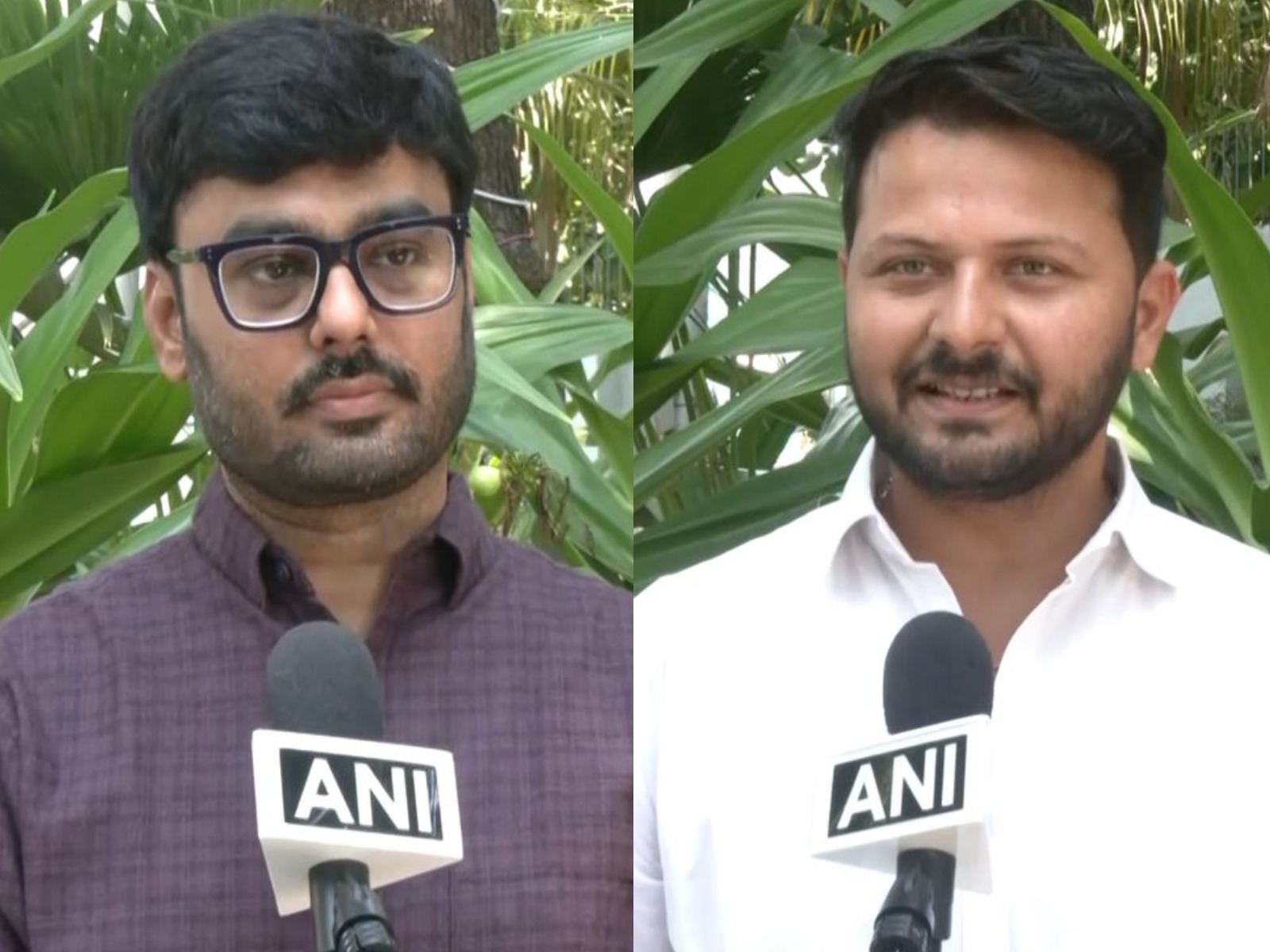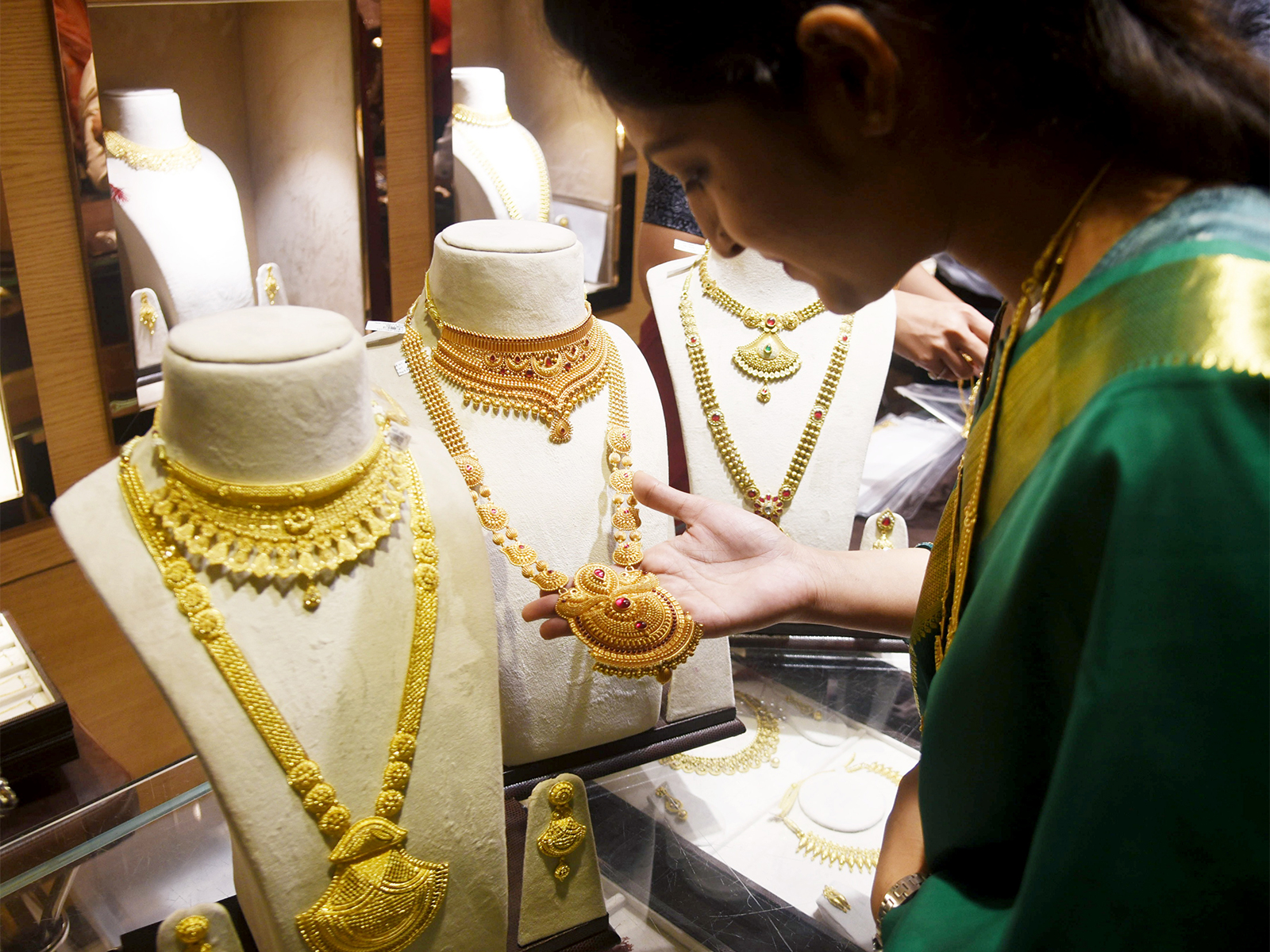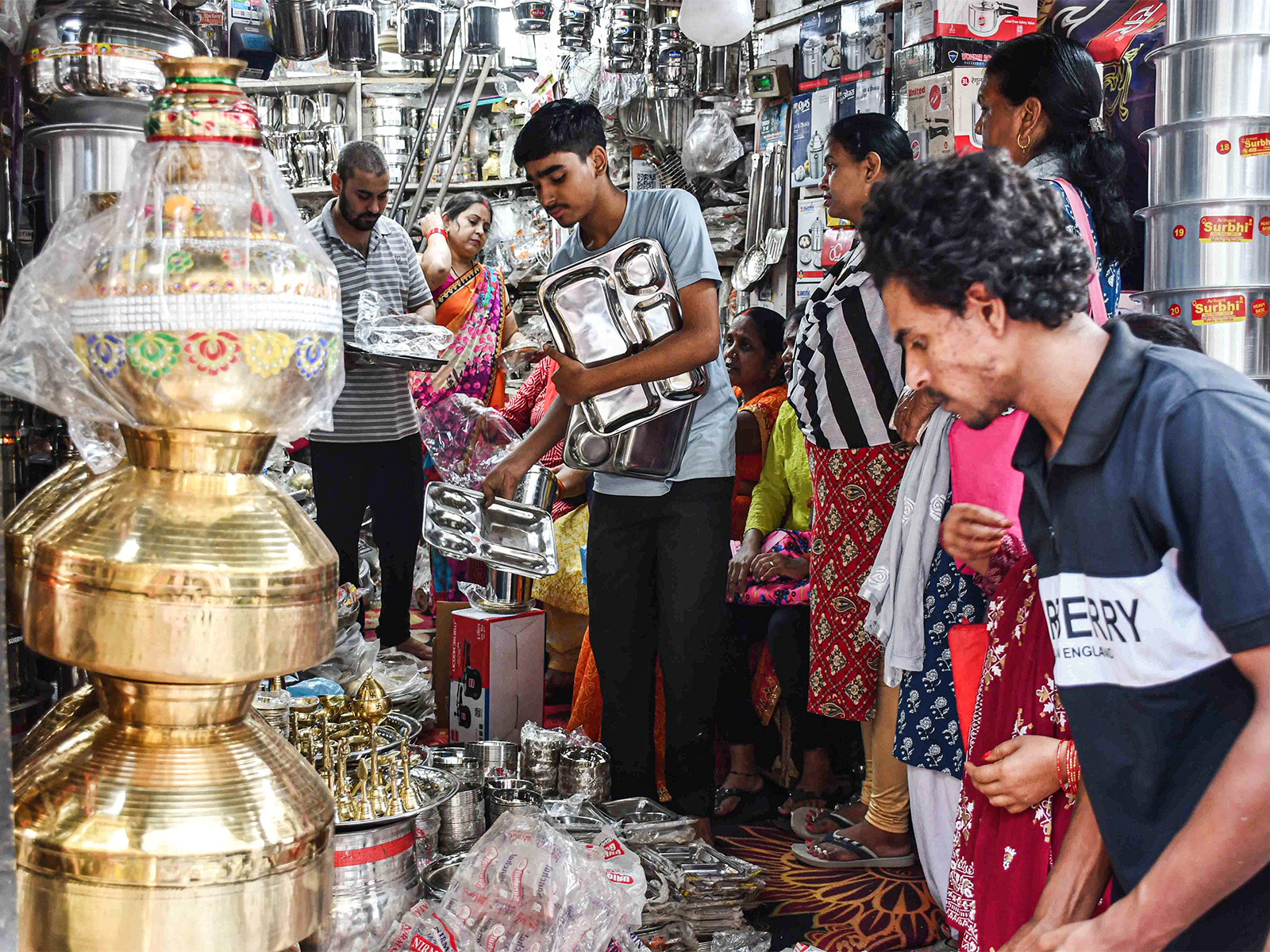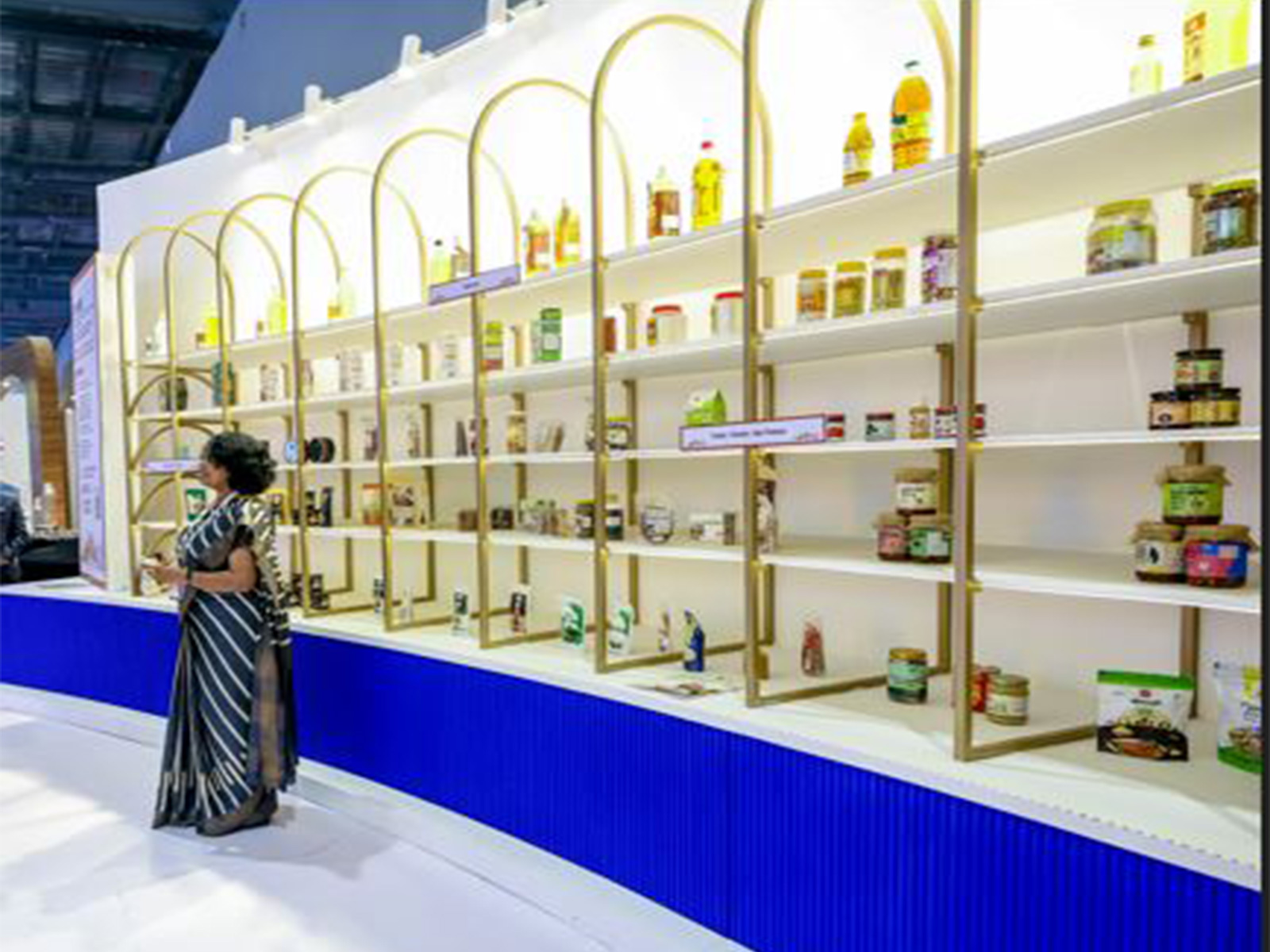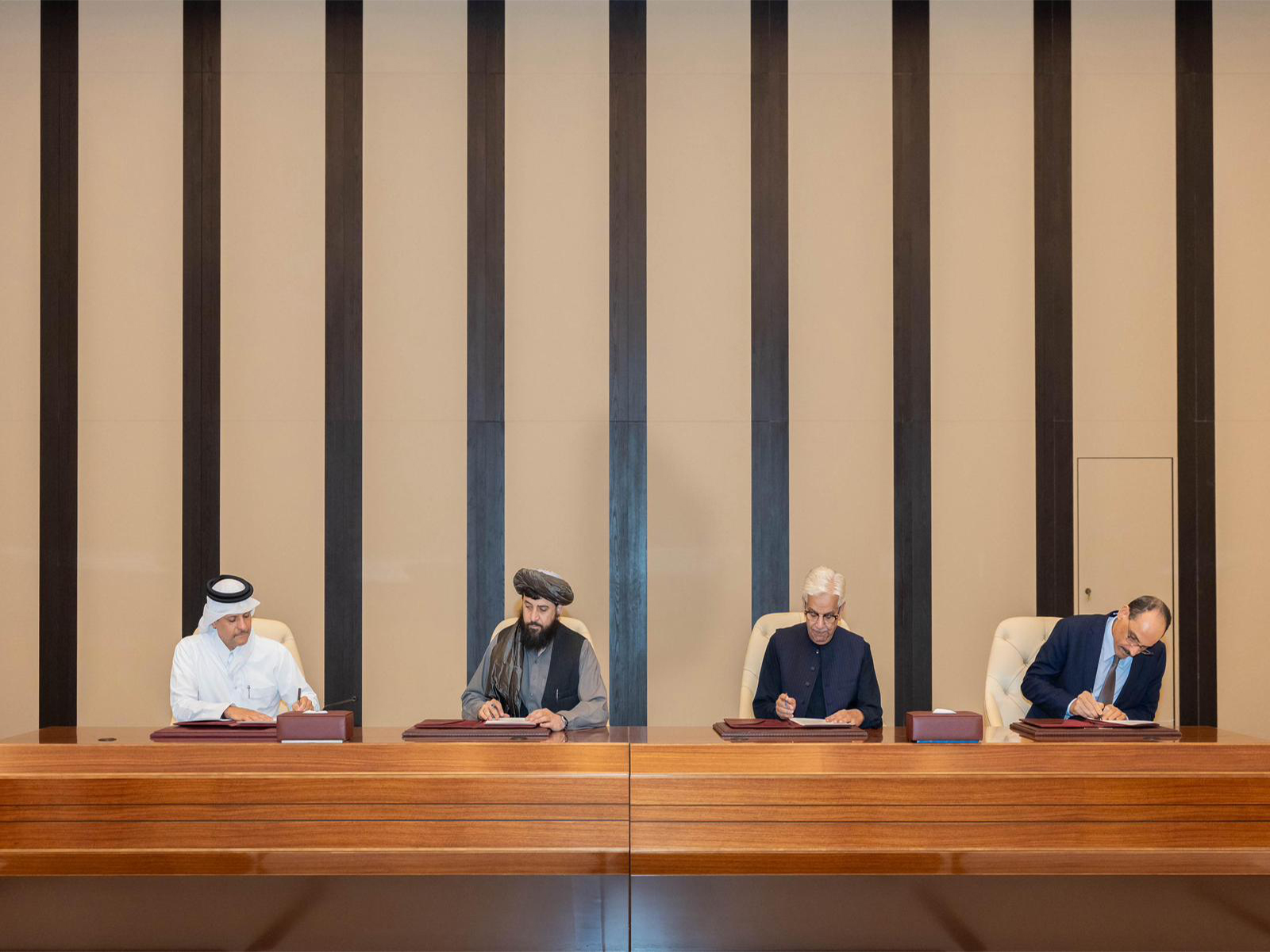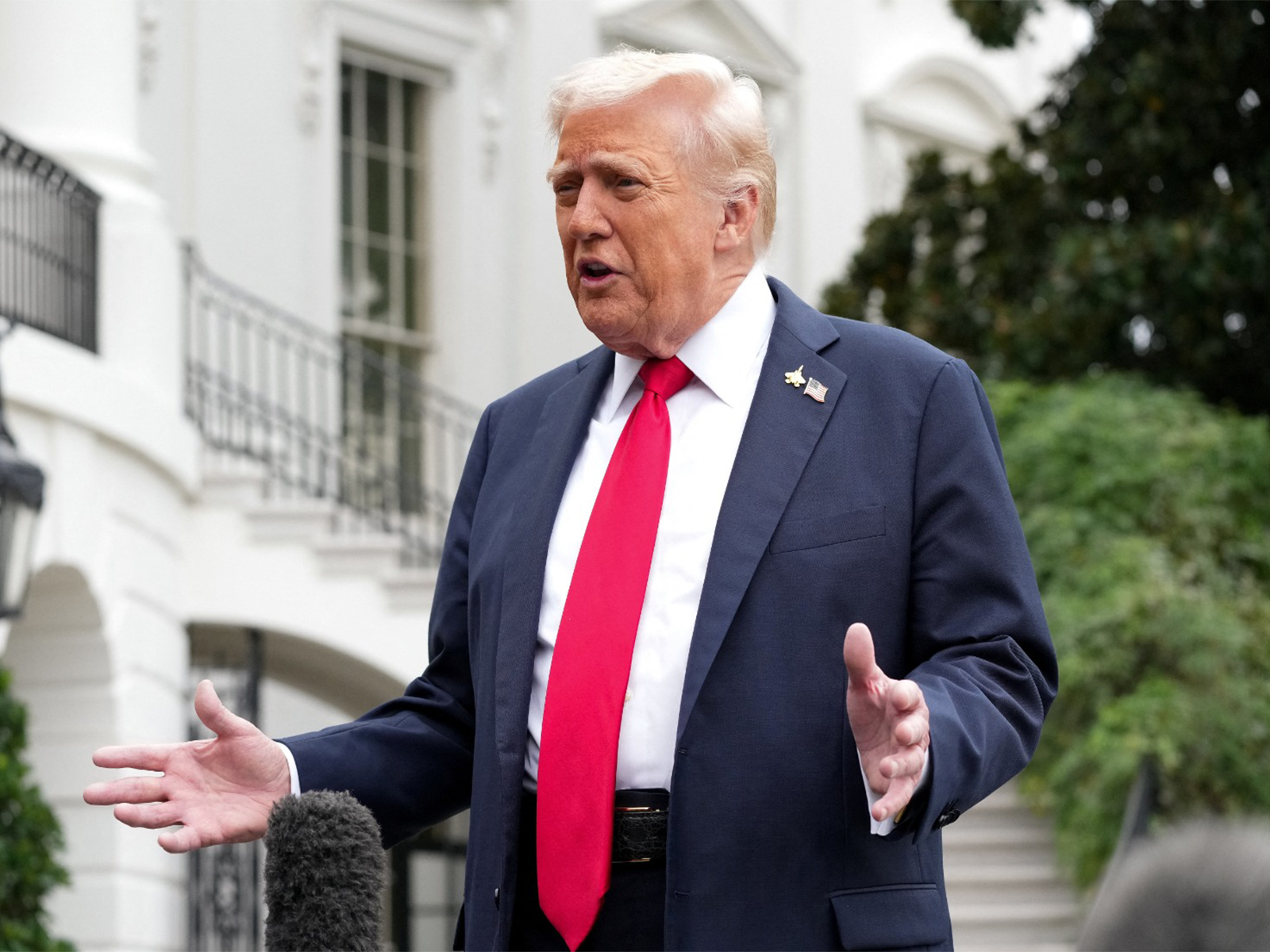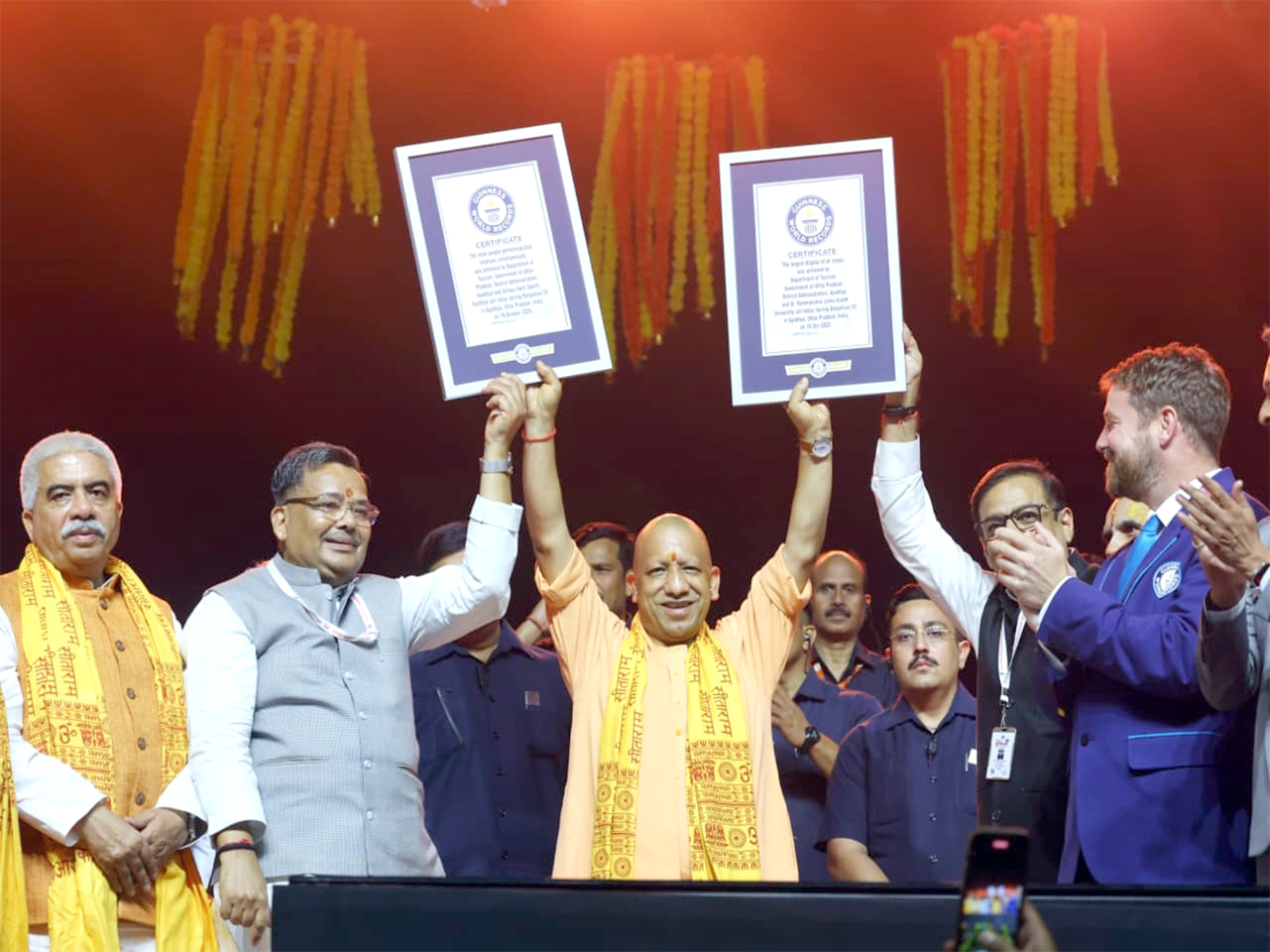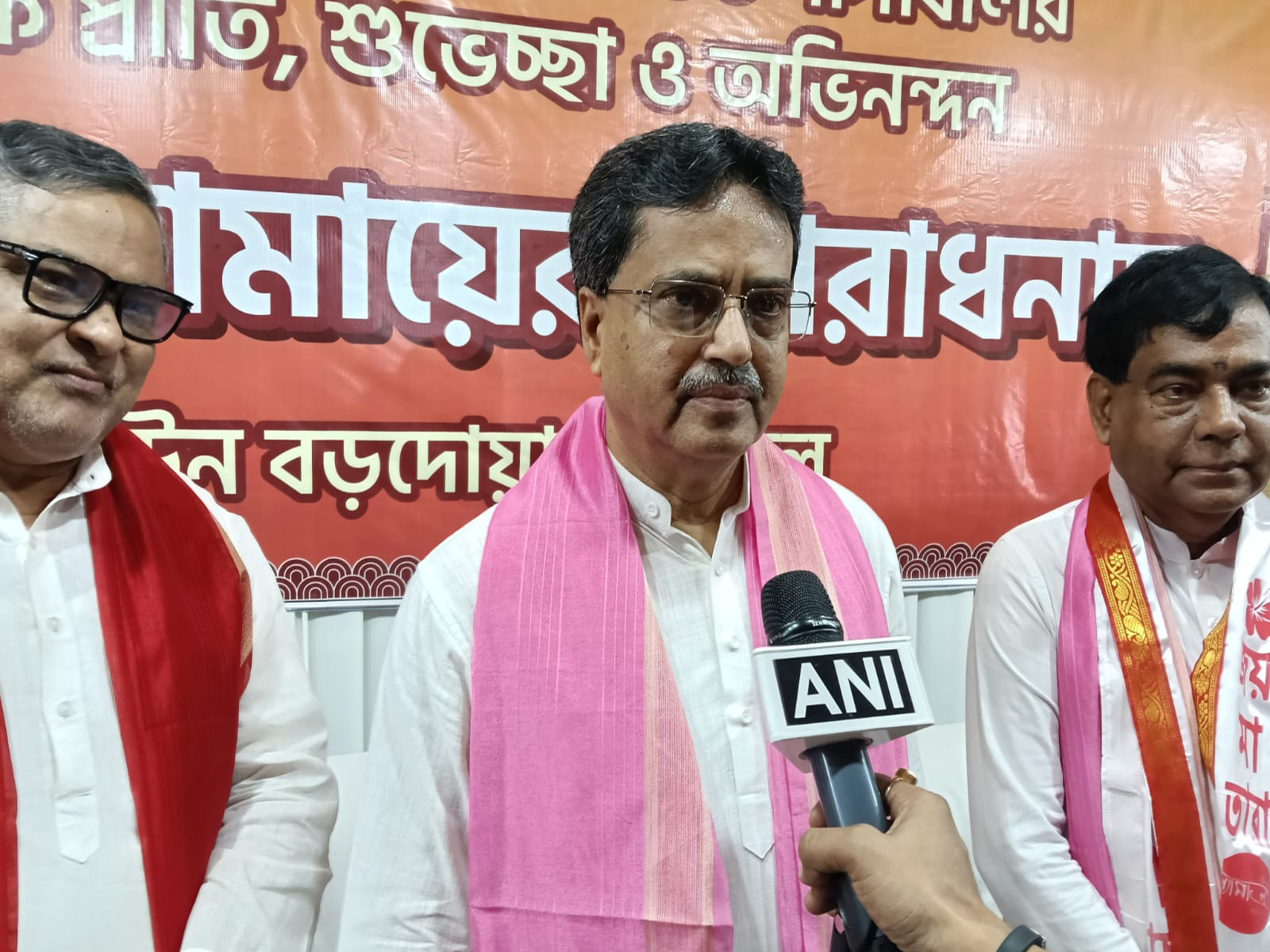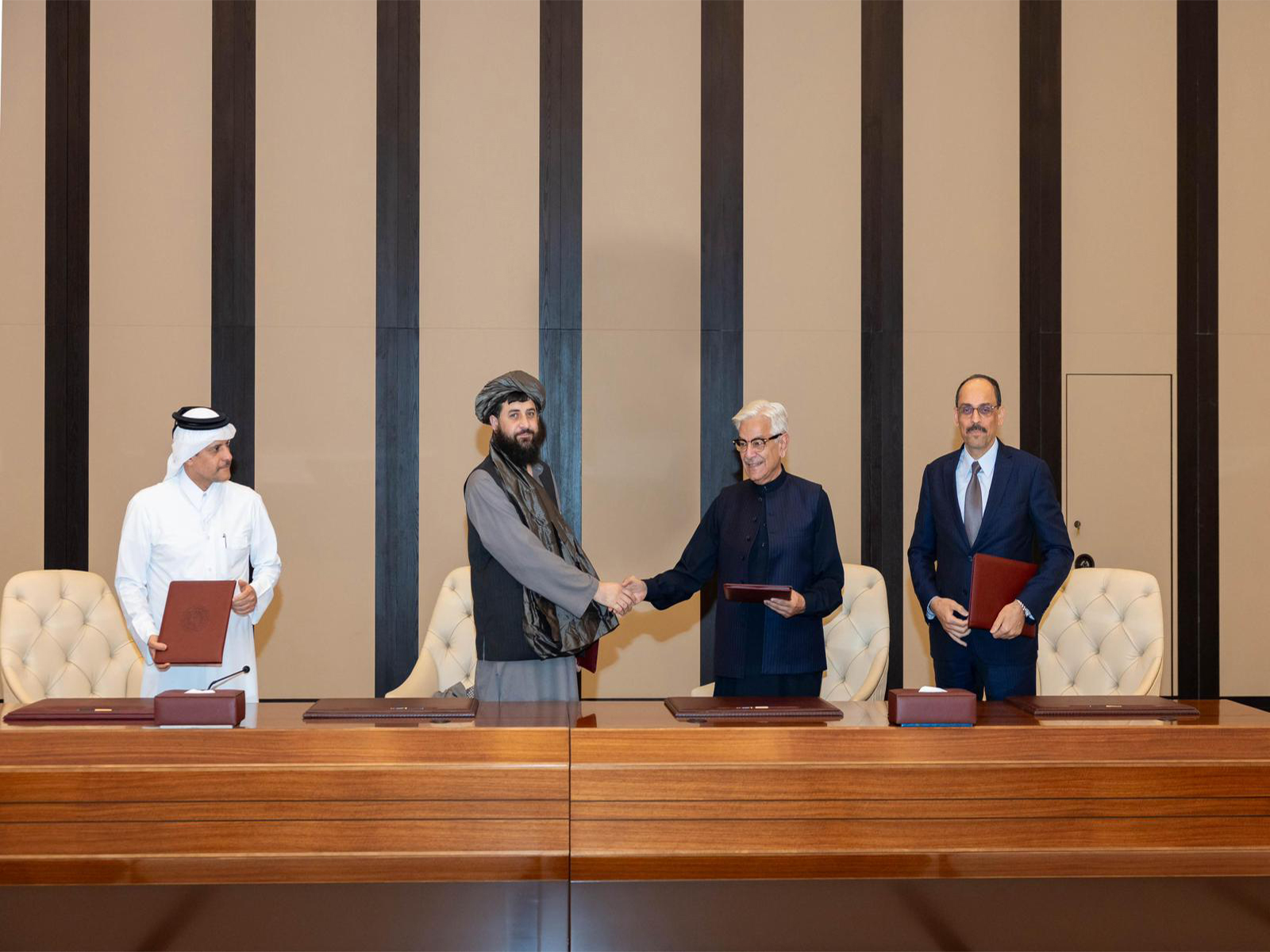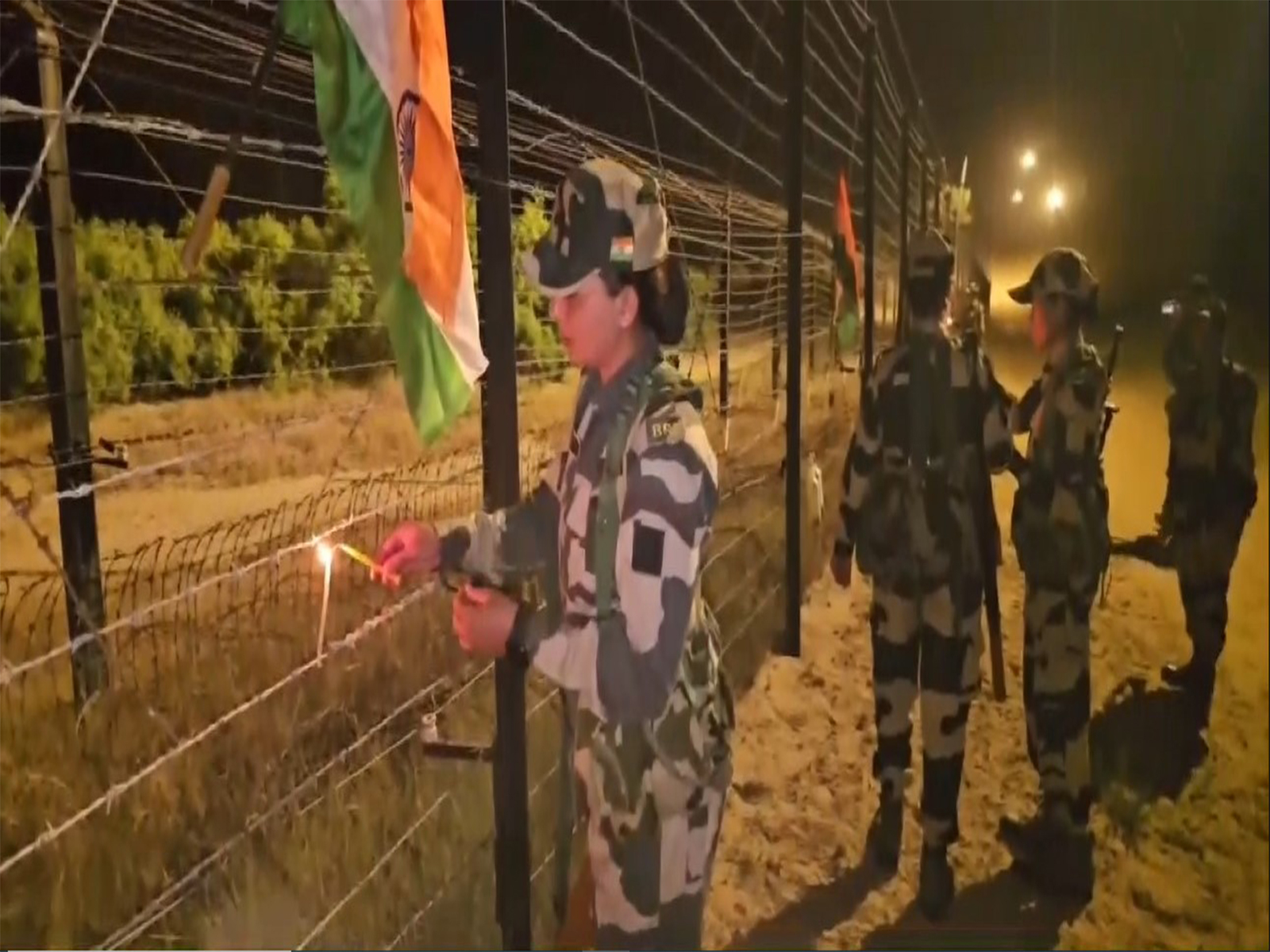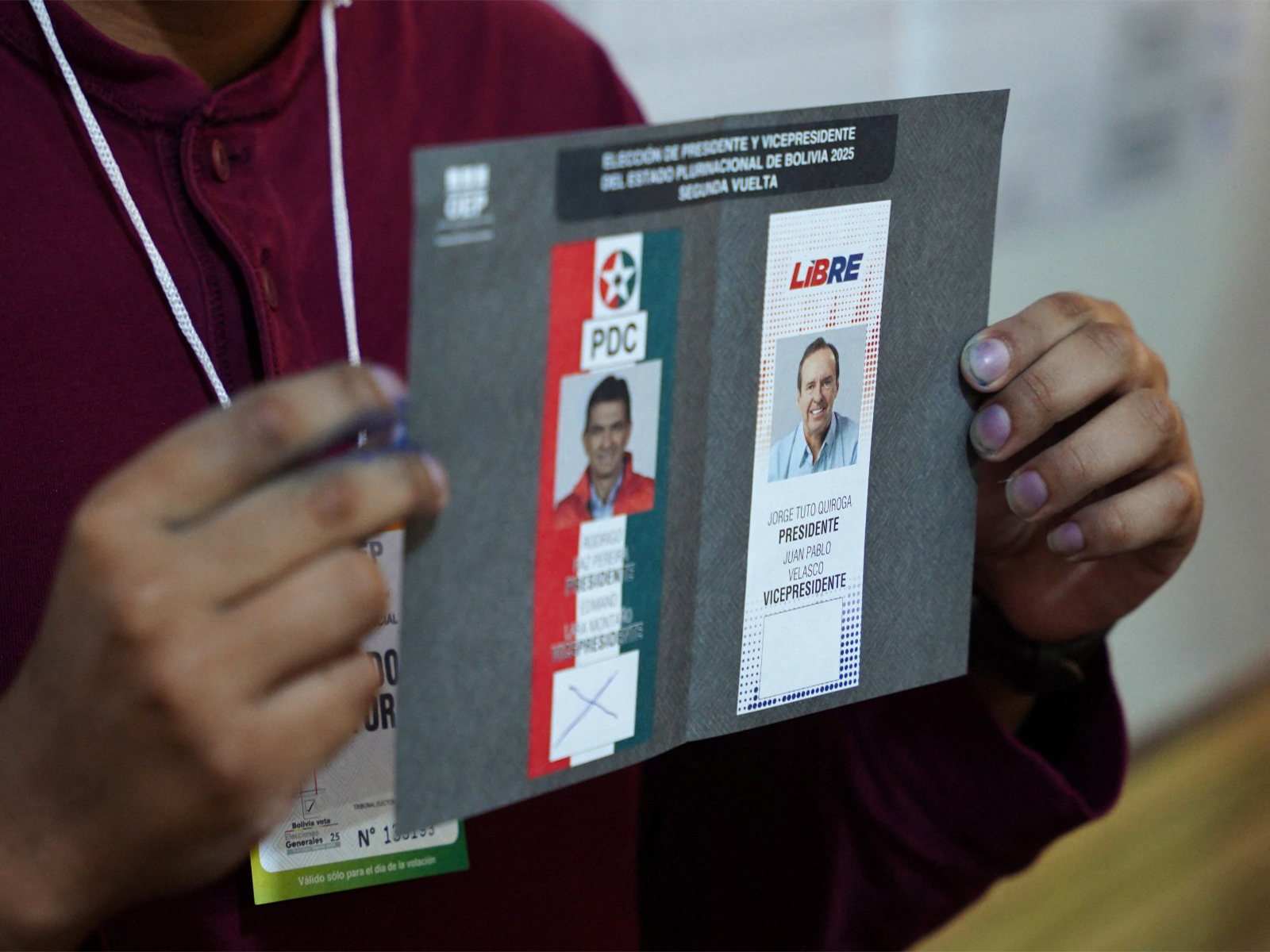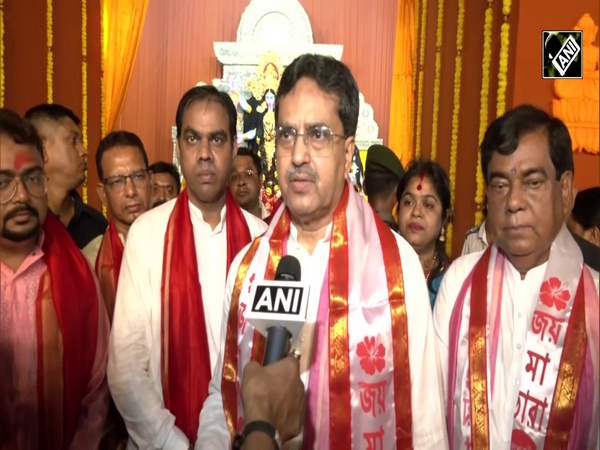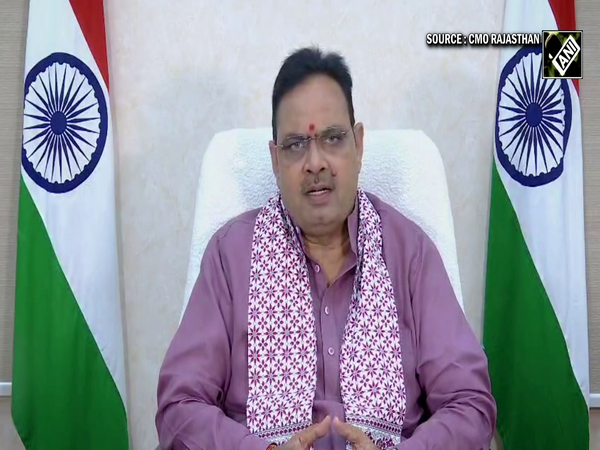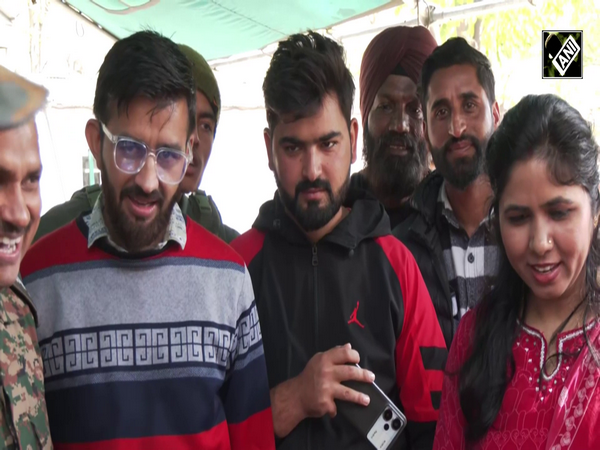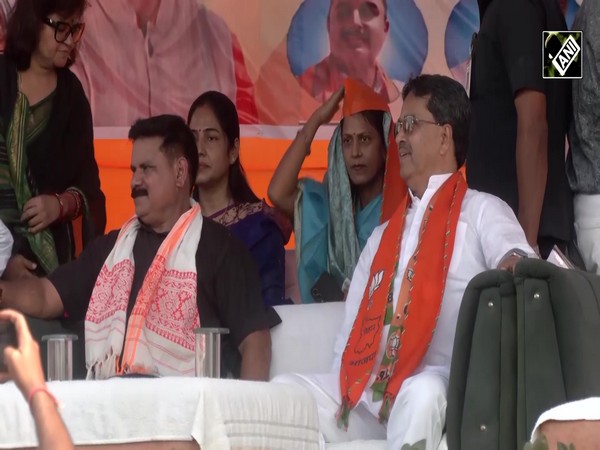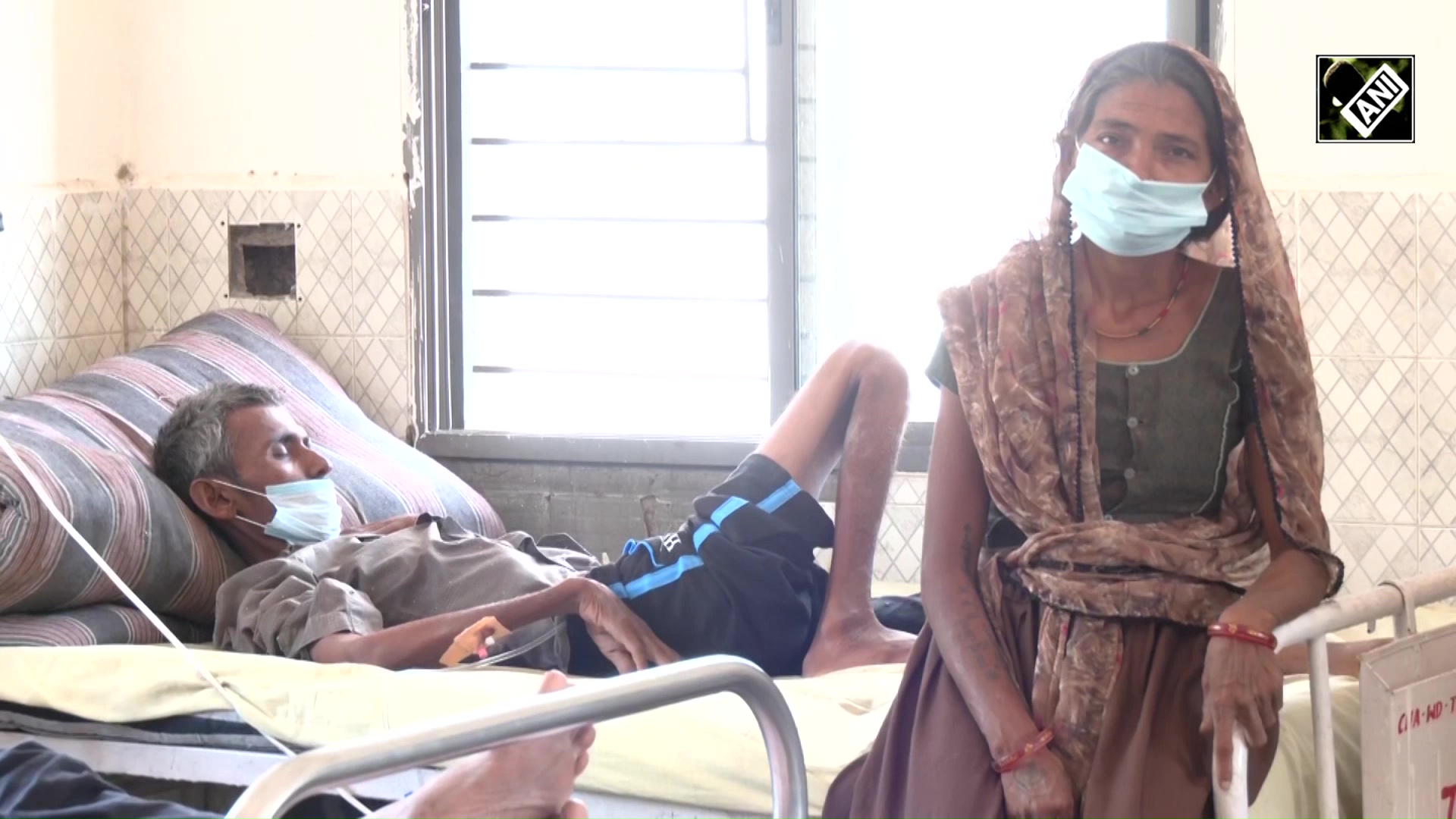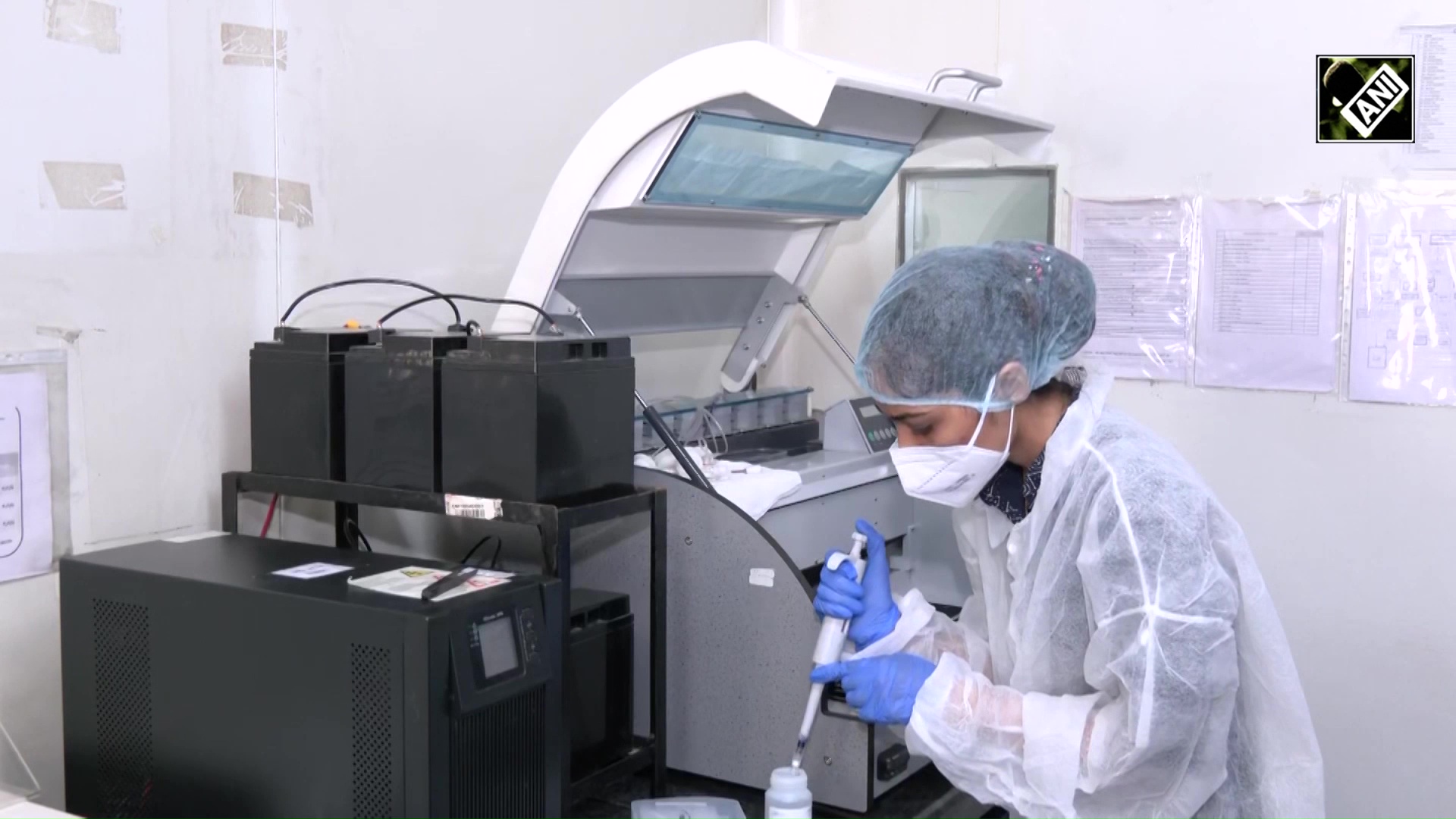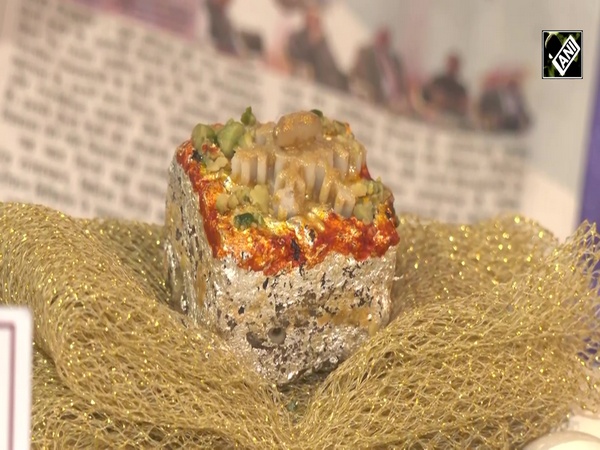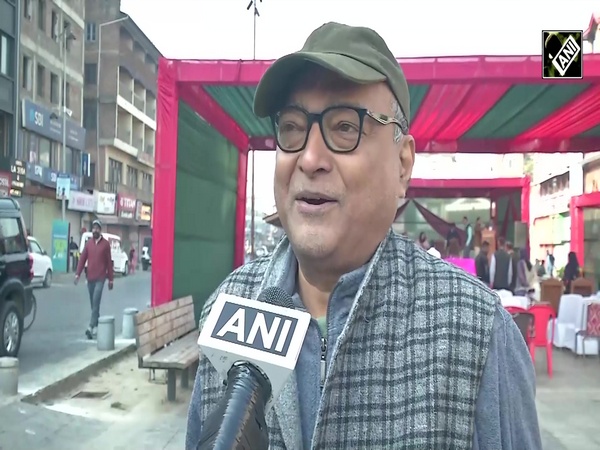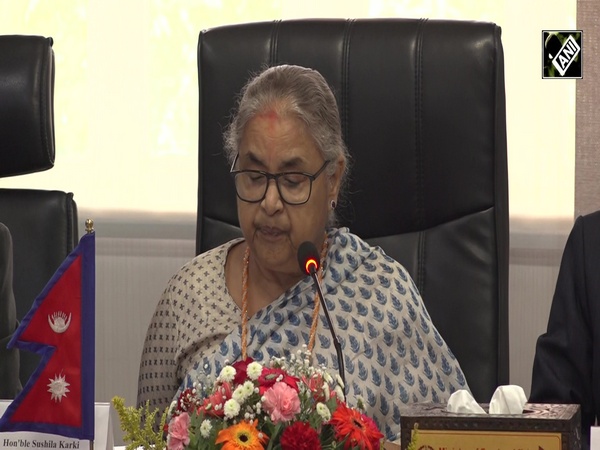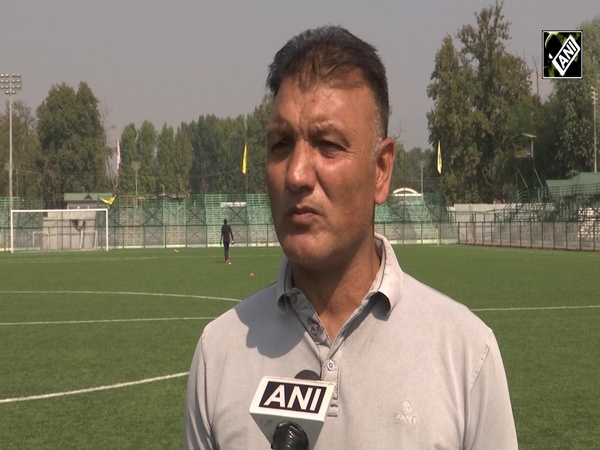India Stands Firm: No negotiations on agriculture until WTO members reach permanent solution on food grain stockholding
Jan 18, 2024

New Delhi [India], January 18 : India asserted that it will not engage in negotiations in any other aspects of the agriculture sector until a permanent solution is reached on public stockholding for food grains by WTO members, according to government sources.
The upcoming 13th ministerial conference (MC) of the World Trade Organisation (WTO), scheduled from February 26-29 in Abu Dhabi, is anticipated to prominently address this issue.
The ministerial conference serves as the highest decision-making body for the WTO, comprising 164 member countries.
The persistent matter of public stockpiling of food grains was initially pledged during the Bali ministerial conference and subsequently affirmed in subsequent conferences.
An official on Thursday emphasized that resolving the public stockholding issue is India's foremost priority.
"Without that, we will not take part in any discussion on any other issue on agriculture unless the mandated issue is settled. This is our first ask," the official said.
Developed nations have expressed concerns over India's food security programs, particularly its practice of purchasing rice and wheat from farmers at government-administered prices.
They argue that such public procurement and subsidized storage distort global agricultural trade. In contrast, India asserts its commitment to safeguarding the interests of impoverished farmers and addressing the food security needs of a significant portion of its population.
Under the Pradhan Mantri Garib Kalyan Anna Yojana (PMGKAY), the government provides 5 kilograms of free foodgrains per month to approximately 80 crore impoverished individuals. This initiative gained heightened significance during the Covid-19 pandemic.
India's stance on this issue has garnered support from over 80 countries, including nations in Africa. In pursuit of a solution, India proposes amendments to the formula calculating the food subsidy cap and the inclusion of programs implemented after 2013 under the 'Peace Clause.'
The 'Peace Clause,' established during the Bali ministerial meeting in December 2013, allows WTO members to refrain from challenging breaches in the prescribed ceiling by developing nations until a permanent solution is achieved. As per global trade norms, a WTO member's food subsidy bill should not exceed 10 per cent of the value of production based on the external reference price of 1986-88.
India has informed the WTO of utilizing the peace clause to provide excess support measures to rice farmers for the marketing year 2020-21 to meet domestic food security needs. However, some WTO nations, including the US and Europe, attempted to shift the narrative of food security from public stockholding to value chains, market access, and export restrictions.
India vehemently opposes any comprehensive outcome on agriculture that links public stockholding with domestic support or a work program, as proposed by certain developed countries. Issues such as providing information on export restrictions at least 30 days prior to notification, suggested by some members, are deemed unfeasible.
Furthermore, India asserts that support measures provided to its farmers, including input subsidies on electricity, irrigation, fertilizers, and direct transfers, are non-negotiable. New Delhi also advocates for a reduction in support measures by developed countries to their agricultural sectors, which currently amount to billions of dollars.
The Geneva-based WTO, with its 164 member nations, plays a crucial role in establishing global export and import-related norms and adjudicating trade disputes among member countries.
